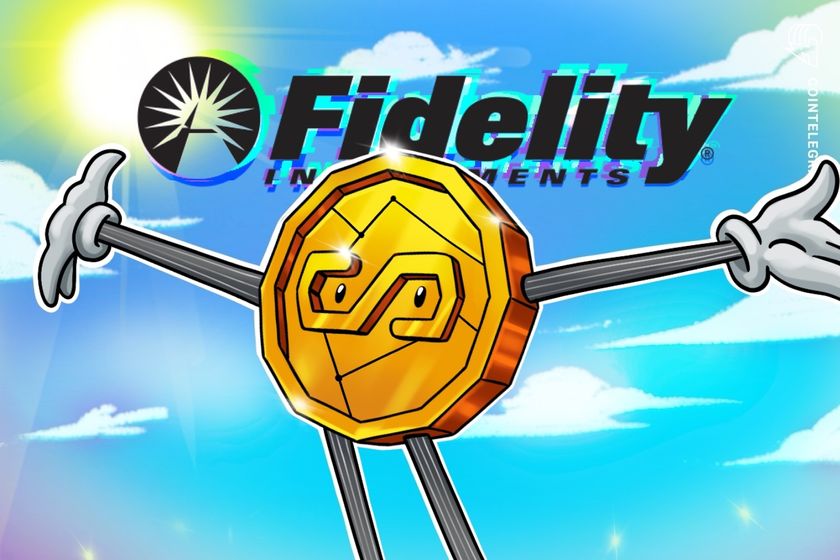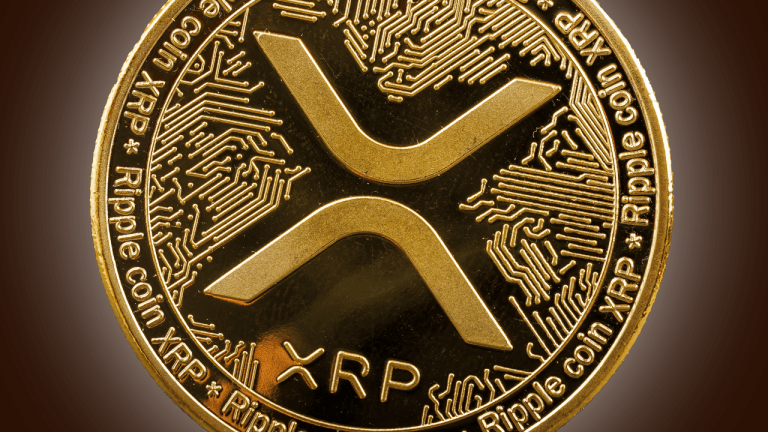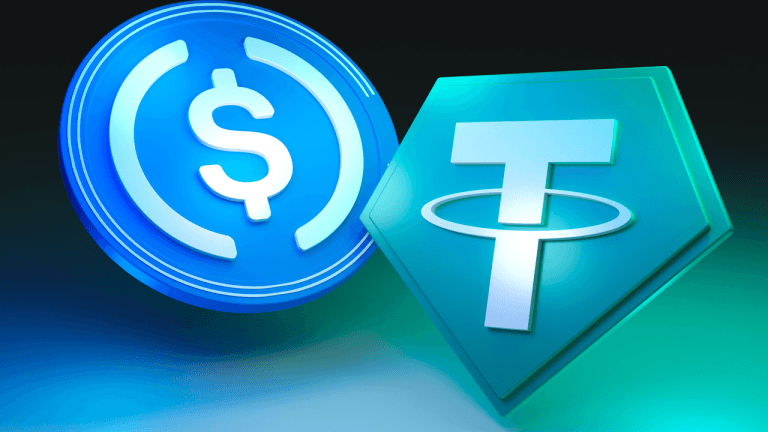

What Is The Future Of Computing Power And The Ethereum Project?
The long-awaited release of the Enterprise Ethereum Virtual Platform (EDP) on Wednesday brought forth a lot of anticipation among industry participants. This new enterprise resource offering is being touted as the platform that will transform the way organizations interact and create value through smart contracts. Its unique features include a complete software stack including the Mist browser, together with smart contracts and a digital token, which allows users to execute smart transactions without the need for a physical asset. Aside from that, there are several other advantages also.
To gain clarity on what is being referred to here, it would be important to discuss briefly about what exactly is an enterprise grade ethereal network? An ethereal network is one that works in a trustless environment where all network communications are encoded and run on a distributed ledger. As such, the process of making transactions is transparent since the transactions are done behind the scenes. However, unlike the traditional virtual currencies like e coins and gold, ether is actually a digital currency that is traded and stored in the form of tokens on the network. The flexibility of transactions comes in the form of smart contracts that run on a network that uses ether as the transaction fuel.
How does this work? In essence, smart contracts are programmed in the programming language ethereal protocol that allows users to specify instructions on how they want their transactions to be operated. Once these smart contracts are programmed and accepted, they are executed on the ethereal network. The execution happens through a digital auctioning scheme called “Proof of Gas”. Through this mechanism, a certain amount of gas is released in exchange for a certain amount of tokens.
The implementation of such smart contracts is carried out through a decentralized system. What makes the decentralized system in ethereal more appealing is that it enables participants to interact with each other in a secured and confidential environment without the need to divulge sensitive information. This aspect is particularly important in eCommerce wherein transactional details are crucial. By making transactions through a decentralized system, companies are able to reduce operating costs.
On a wider scale, however, there are many other reasons why this new form of interaction is very appealing. First, the concept of a fully decentralized system is very appealing from a business standpoint since it completely removes the middleman from the equation. Since no company, financial institution, or government governs over ethically driven enterprises, no additional institutions should be needed to monitor or participate in the process of conducting business. In contrast, the traditional monetary systems we know make participation in the system of exchange mandatory and thus, businesses will not have any need to resort to such institutions when working with money. Also, in terms of privacy, a fully decentralized system is completely different from the current systems that we have today. Since all transactions are made directly between the individuals involved, no one has access to sensitive information.
While the Ethereum network may not completely remove the need for brokers and traders, it does represent a radical break from the way business is done today. For the individual user, this represents the future of computing power. Developers around the world are excited at the prospects for new development and are waiting for the developers of Ethical Currency to perfect this concept further before it can become a reality. If you’re an enthusiast of the Ethical Currencies project, I would urge you to stay tuned for more updates.










